
In our modern world, it’s challenging to escape the omnipresence of plastic. From the moment we wake up, we interact with a myriad of plastic items, from toothbrushes and bottles to food packaging and bags.
Plastic has become deeply integrated into our daily lives, but its environmental impact is undeniable. Plastic pollution poses a significant threat to our planet, affecting wildlife, ecosystems, and even human health.
Taking steps towards a plastic-free lifestyle is not only good for the environment but also for our own well-being. Here are some practical tips to help reduce your plastic consumption and embark on a more sustainable journey.
1. Embrace Reusable Shopping Bags
One of the most accessible and impactful changes you can make is switching to reusable shopping bags. Leave the single-use plastic bags behind and opt for sturdy, eco-friendly alternatives. Keep a few reusable bags in your car or by the front door, ensuring you’re always prepared for a shopping trip.
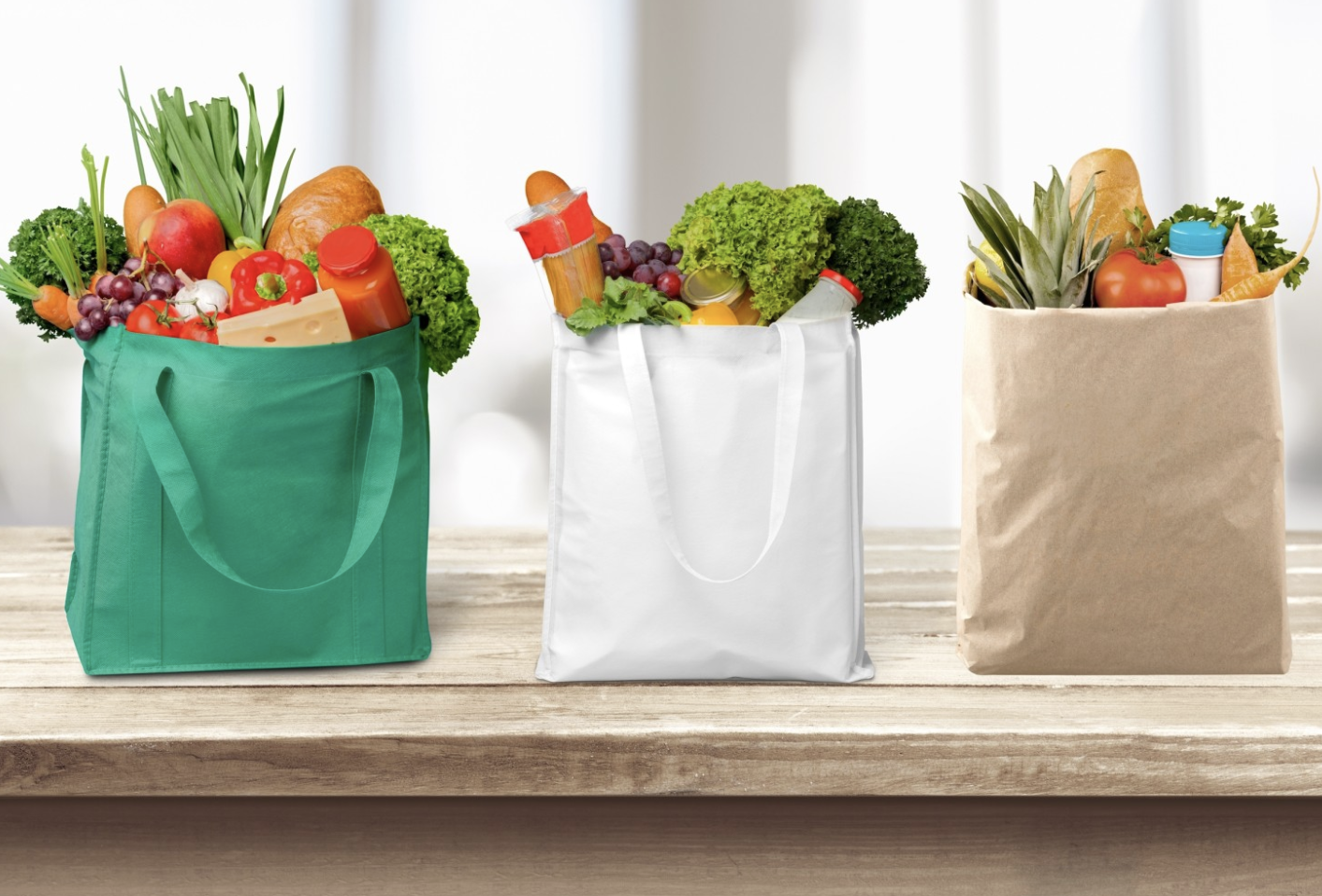
2. Reusable Water Bottles and Coffee Cups
Invest in a high-quality reusable water bottle and coffee cup. By doing so, you eliminate the need for single-use plastic bottles and disposable cups. Many coffee shops and cafes offer discounts to customers who bring their own cups, making it a cost-effective choice as well.
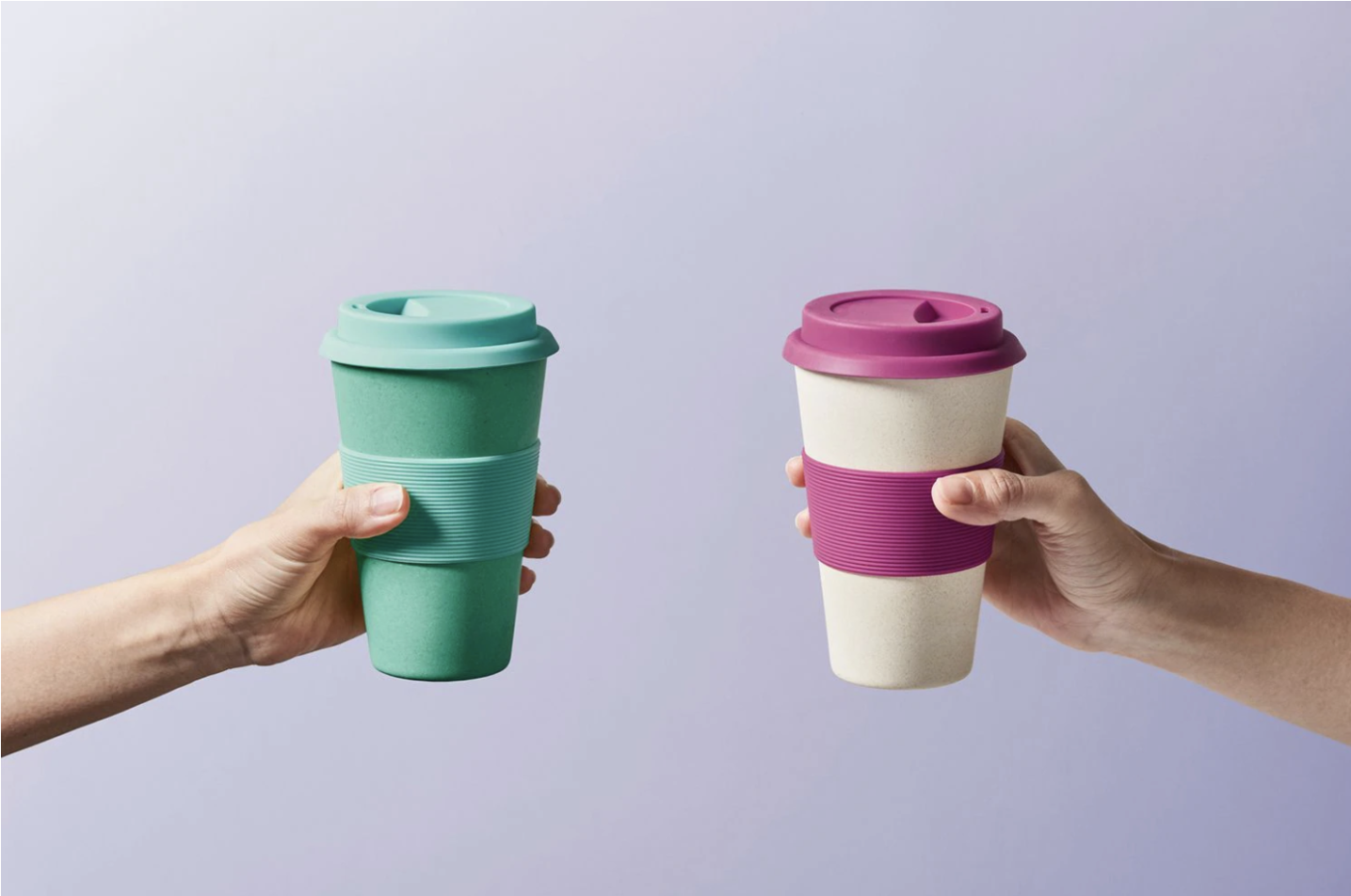
Half a trillion single-use cups are made globally each year; over 70 for every person on the planet.
3. Say No to Plastic Straws
Plastic straws are among the most environmentally damaging items due to their small size and widespread use. Switch to reusable stainless steel, bamboo, or glass straws, or simply enjoy your beverages without a straw. Many restaurants and bars are also starting to phase out plastic straws. The best alternative option to date is The Happy Turtle Straw which is 100% compostable, 100% natural, 100% safe for the environment (including our oceans), and contains 0% plastic.
Visit Our Website For More Info
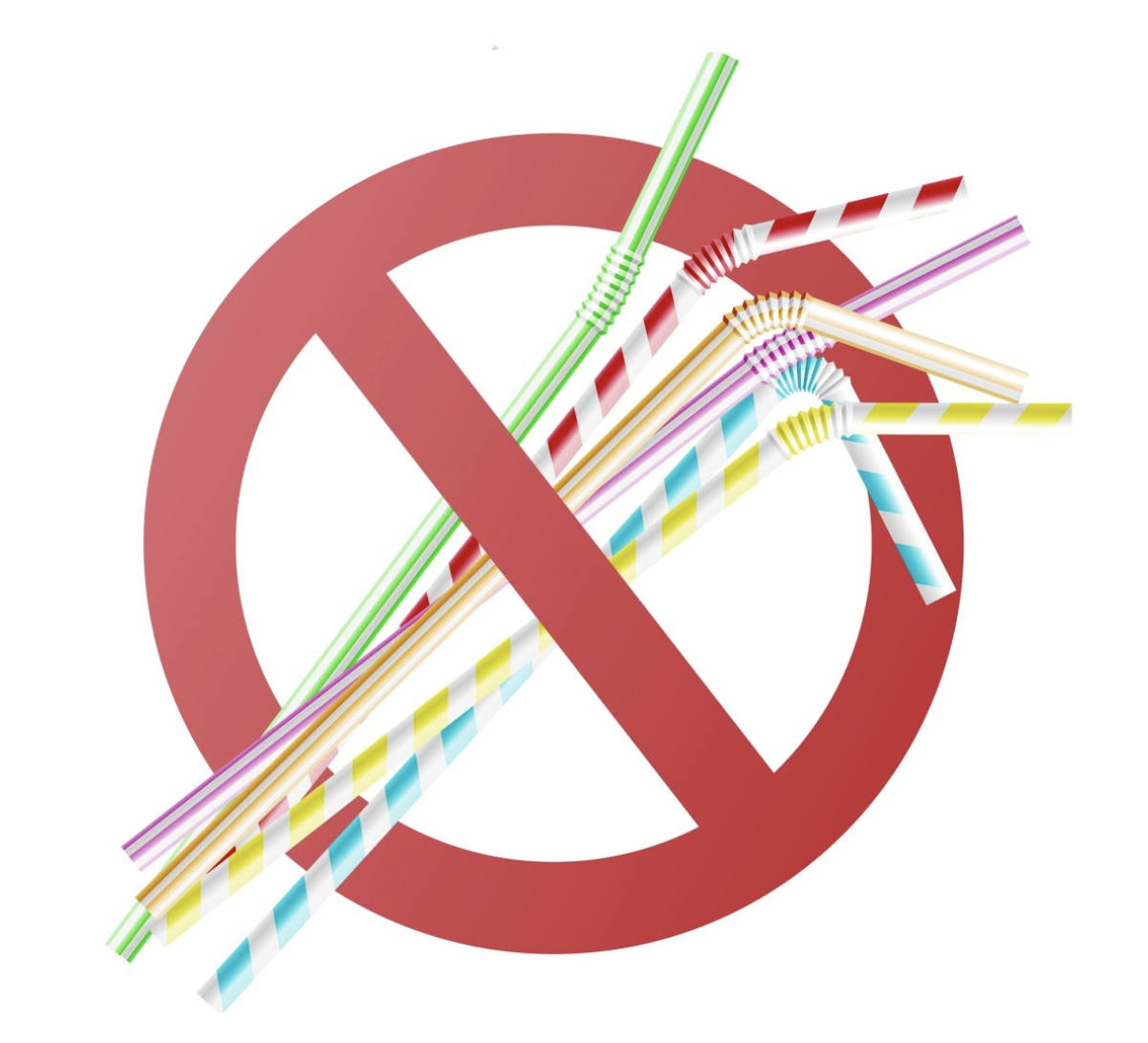
4. Choose Sustainable Packaging
When grocery shopping, make an effort to choose products with minimal or sustainable packaging. Look for items in glass, paper, or cardboard containers, and avoid products heavily wrapped in plastic. By supporting brands that prioritize eco-friendly packaging, you encourage more responsible manufacturing practices.
5. Bulk Shopping
Buying in bulk is an effective way to reduce plastic packaging. Many stores offer bulk sections where you can fill your reusable containers with products like grains, pasta, and spices. This not only reduces plastic waste but often saves you money in the long run.
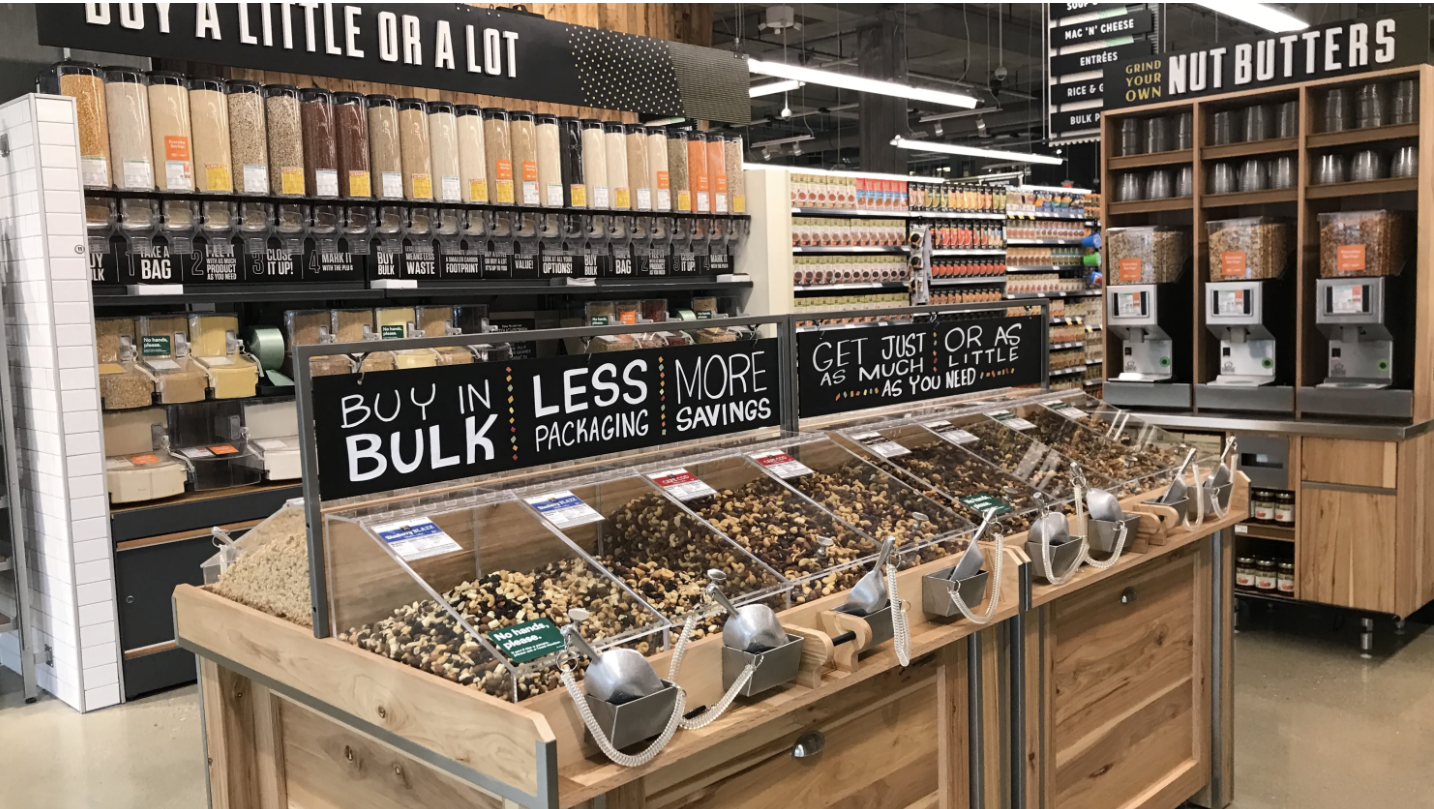
Bulk Shopping
6. Swap Single-Use for Reusable in the Kitchen
Instead of using plastic wrap and sandwich bags, consider alternatives like beeswax wraps and reusable silicone food storage containers. These eco-friendly options help you store food without the need for disposable plastics.
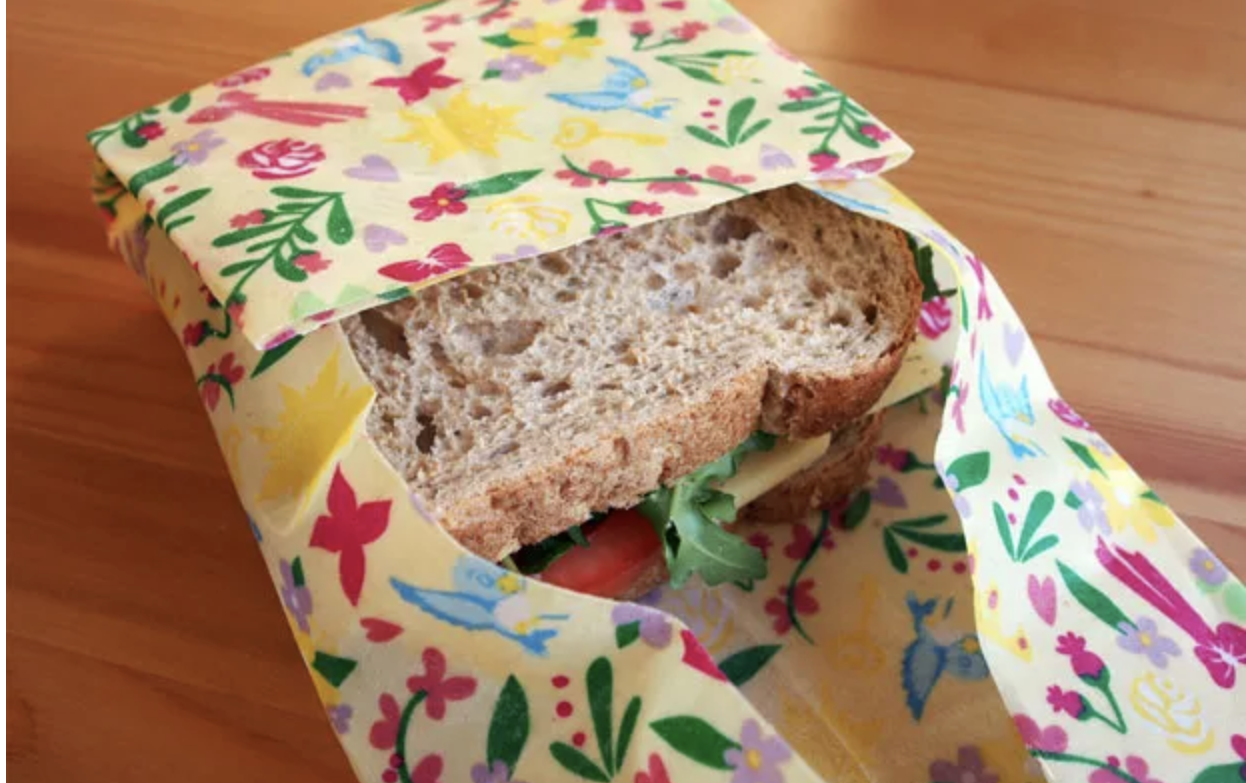
Beeswax wrap
7. Eco-Friendly Personal Care Products
The personal care industry is notorious for its plastic packaging. Look for brands that offer shampoo bars, soap, and toothpaste tablets, which are packaging-free or use minimal eco-friendly packaging. Also, opt for biodegradable bamboo toothbrushes.
8. Compost Organic Waste
Rather than sending organic waste to a landfill in plastic bags, consider composting. This not only diverts waste from landfills but also enriches your garden soil or local community compost.
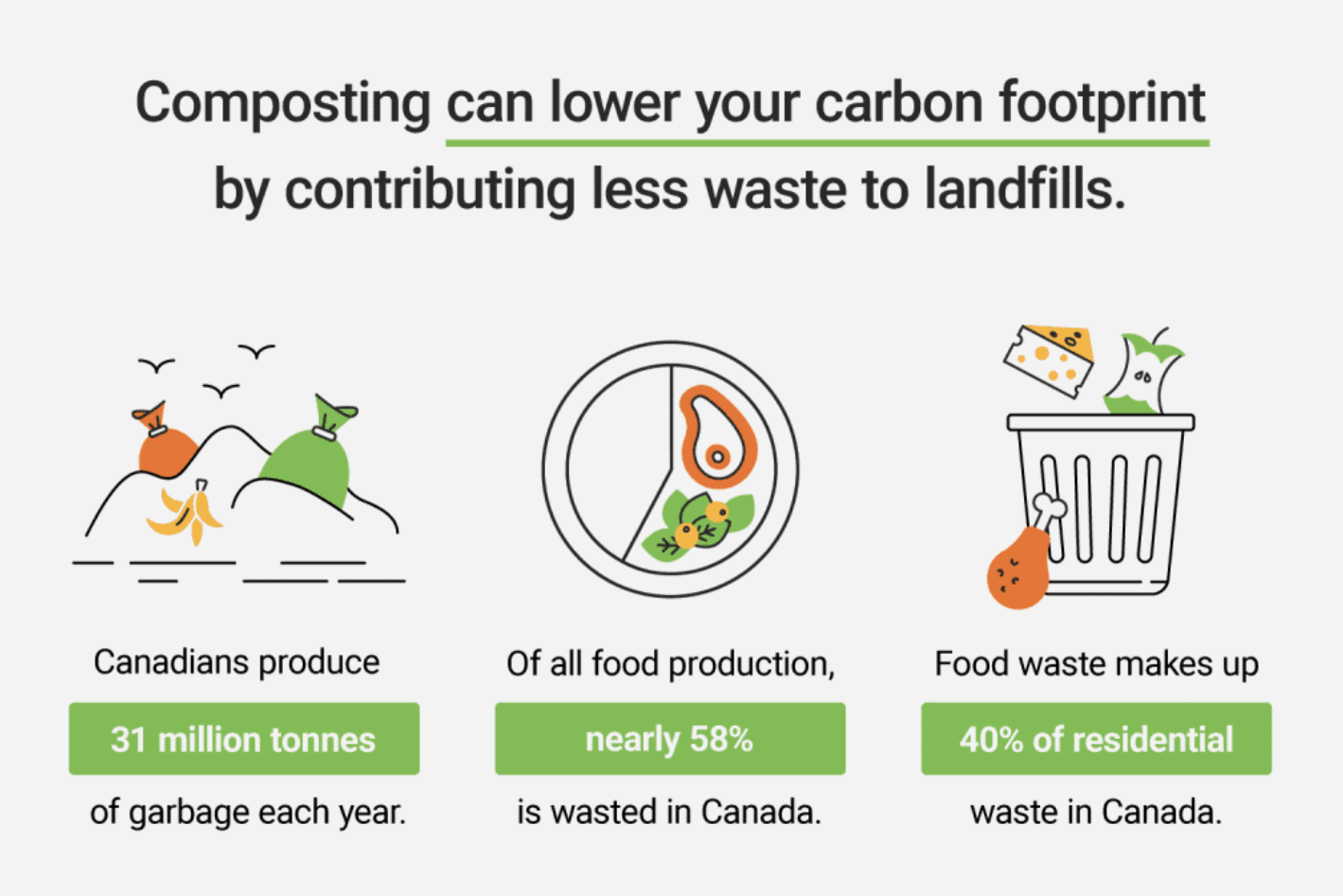
Benefits of composting (example for Canada)
9. Be Mindful of Clothing
Microplastics from synthetic clothing fibers can enter our oceans through laundry. Choose natural fabrics like cotton, hemp, and wool. Washing clothing in a Guppyfriend bag or a microfiber filter can help capture microplastics.
10. DIY Cleaners
Many household cleaners come in plastic bottles. Consider making your own cleaning solutions from simple ingredients like vinegar, baking soda, and essential oils. You can store them in glass containers.
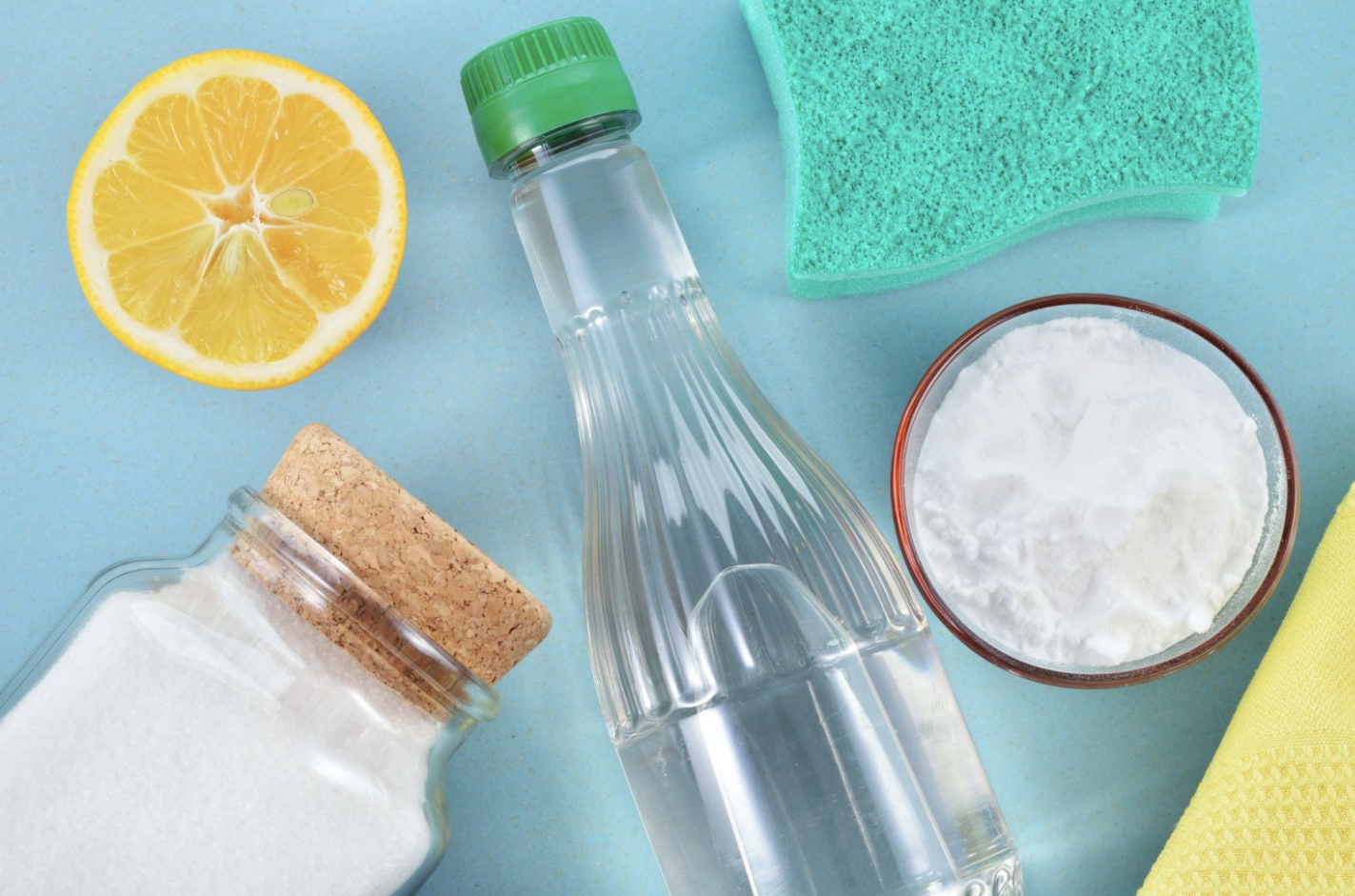
11. Support Sustainable Brands
When you must make a purchase that involves plastic, try to choose products from companies committed to sustainability. Many businesses are actively working to reduce their plastic footprint and are worth supporting.
12. Educate Yourself and Others
Knowledge is a powerful tool for change. Educate yourself about the consequences of plastic pollution and share this knowledge with friends and family. The more people are aware, the more likely they are to make sustainable choices.
13. Participate in Clean-Up Efforts
In addition to reducing your own plastic consumption, join local clean-up efforts. These initiatives help remove existing plastic waste from the environment and raise awareness about the issue.
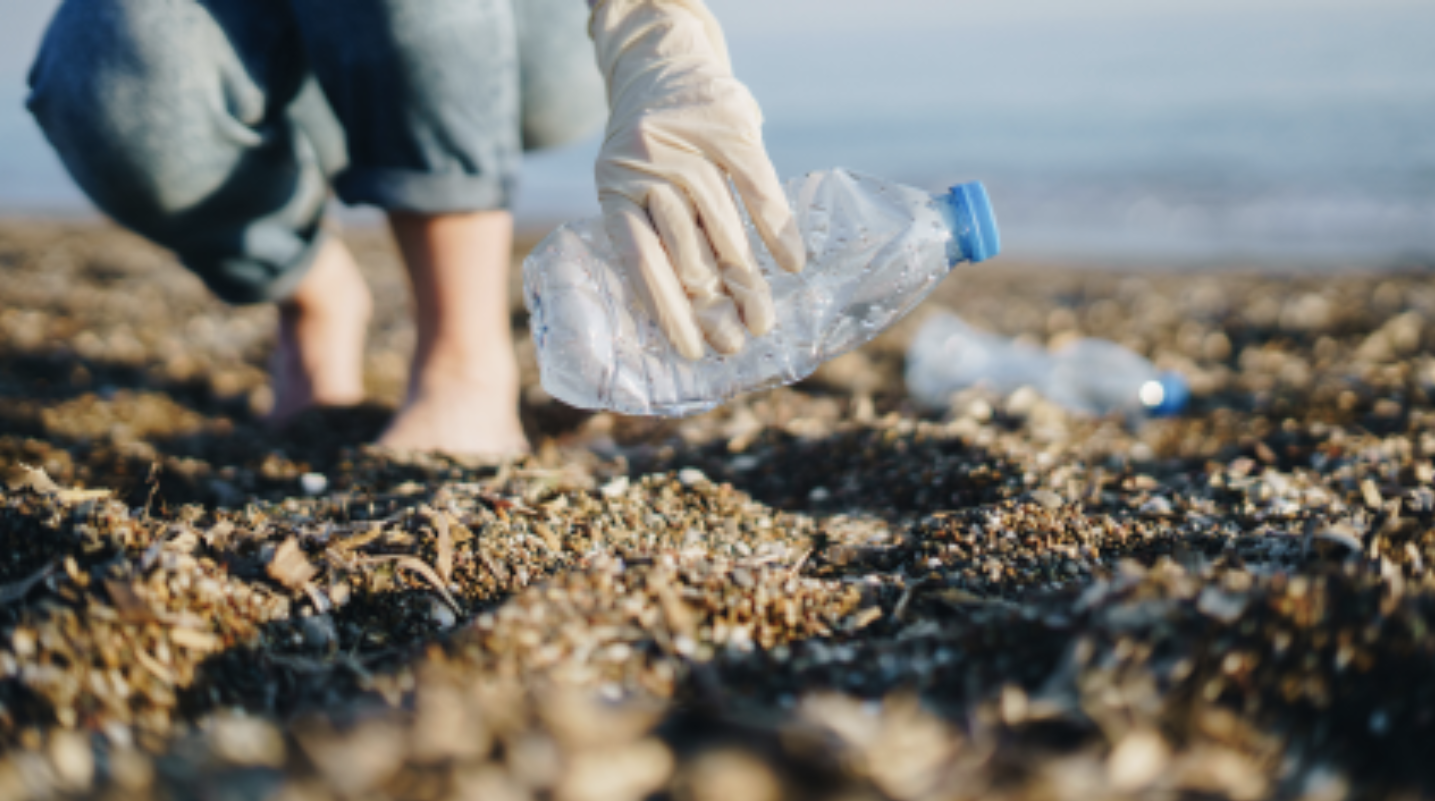 Get involved in beach clean-ups
Get involved in beach clean-ups
14. Start Small and Stay Consistent
Transitioning to a plastic-free lifestyle can be overwhelming. Start small by focusing on one aspect of your life at a time. Once you’ve established new habits, build on them. Consistency is key to lasting change.
By following these tips, you can significantly reduce your plastic consumption and lessen your environmental footprint. While achieving a completely plastic-free existence might be challenging, every effort counts in the fight against plastic pollution and the pursuit of a more sustainable future.
Borrelle, S.B., Ringma, J., Law, K.L., Monnahan, C.C., Lebreton, L., McGivern, A., Murphy, E., Jambeck, J., Leonard, G.H., Hilleary, M.A. and Eriksen, M., 2020. Predicted growth in plastic waste exceeds efforts to mitigate plastic pollution. Science, 369(6510), pp.1515-1518.
Willis, K., Maureaud, C., Wilcox, C. and Hardesty, B.D., 2018. How successful are waste abatement campaigns and government policies at reducing plastic waste into the marine environment?. Marine Policy, 96, pp.243-249.
Terry, B., 2012. Plastic-Free: How I Kicked the Plastic Habit and How You Can Too. Simon and Schuster.
The Happy Turtle Straw is dedicated to reducing plastic waste in our waterways and finding new innovative solutions to help our marine life, such as endangered sea turtles.




